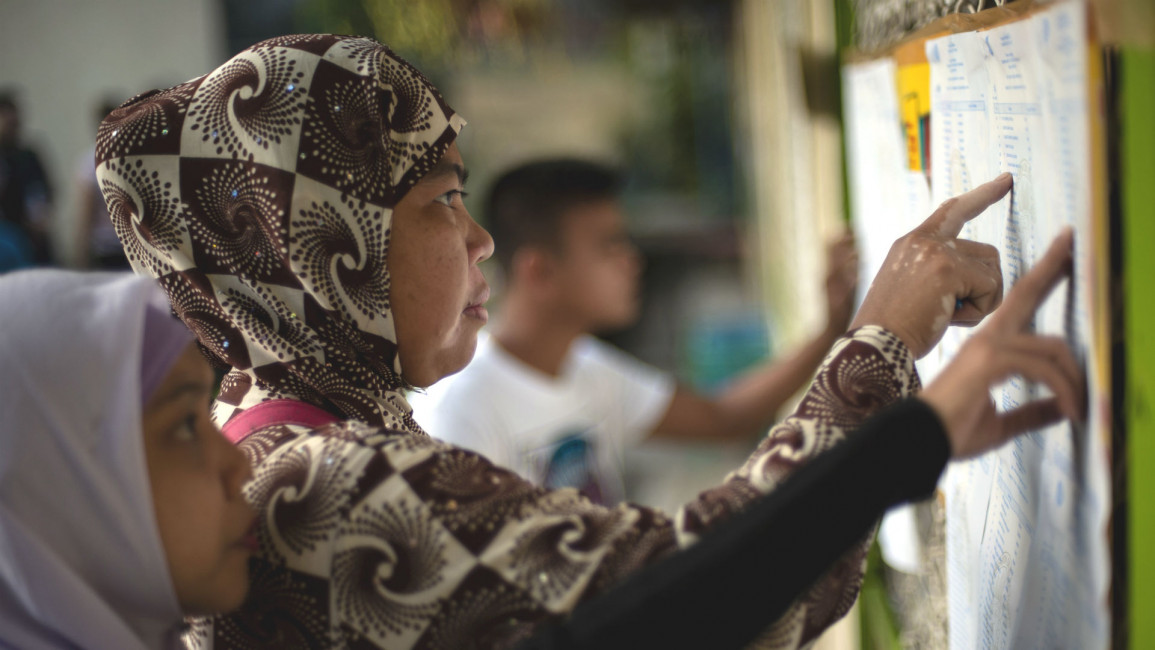Filipino Muslims vote on autonomy for restive south
Muslims in the Philippines' restive south voted on Monday in a referendum on a new autonomous region that seeks to end nearly half-a-century of turmoil.
The vote caps a tumultuous peace effort by the government in Manila and the Moro Islamic Liberation Front (MILF) - the main rebel group - to seal a deal that was signed in 2014 but was only approved by congress last year. Bloodshed including the siege of Marawi city by Islamic State group-linked militants and other attacks in the south threatened to derail the plan.
Al-Haj Murad Ebrahim, chairman of the Moro opposition, has repeatedly said that the creation of a viable Muslim autonomous region is the best antidote to about half a dozen smaller IS-linked radical groups that remain a threat in Mindanao, the homeland of minority Muslims in the largely Roman Catholic nation.
"We can roughly conclude that all these splinter groups are a result of the frustration with the peace process," Murad said in July, when President Rodrigo Duterte signed the legislation creating the new region, called Bangsamoro.
Under the deal, the rebels were required to give up efforts for an independent state in exchange for broad autonomy, while MILF will disband their 30,000 to 40,000 fighters.
Centuries of conquest - first by Spanish and American colonial forces that had ruled the Philippine archipelago followed by Filipino Christian settlers - have gradually turned Muslims into a minority group in Mindanao, triggering conflict over land, resources and sharing of political power.
Uprisings seeking self-rule have been brutally suppressed, feeding more resentment.
Bangsamoro replaces an existing poverty-wracked autonomous region with a larger, better-funded and more powerful entity. An annual grant, estimated at $1.3 billion, is to be set aside to bolster development.
Western governments have welcomed the autonomy pact, however, concerns remain that small numbers of IS-linked militants from the Middle East and South East Asia could still turn the south into a breeding ground for extremists.
The Commission on Elections said it has printed 2.1 million ballots for the plebiscite.
Results are expected no later than 26 January. If the measure is approved, a second referendum on 6 February will ask residents of Lanao del Norte province and seven towns in North Cotabato province with a sizeable Muslim population to decide whether they want to join the new region as well.



